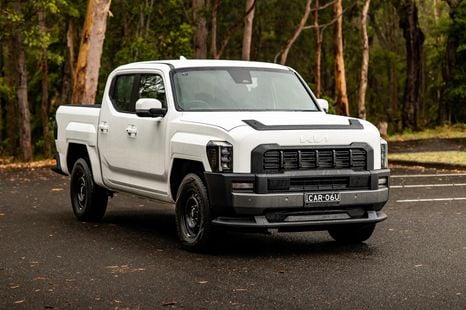

Damion Smy
Kia Tasman drive-away deals extended amid ongoing slow sales
57 Minutes Ago
Hyundai, Volkswagen, Uber, Tritium, the WWF, and the Australia Institute among 25 organisations teaming up to slam proposed mileage charge on EV and PHEV owners set for July 1 enactment.

Senior Contributor
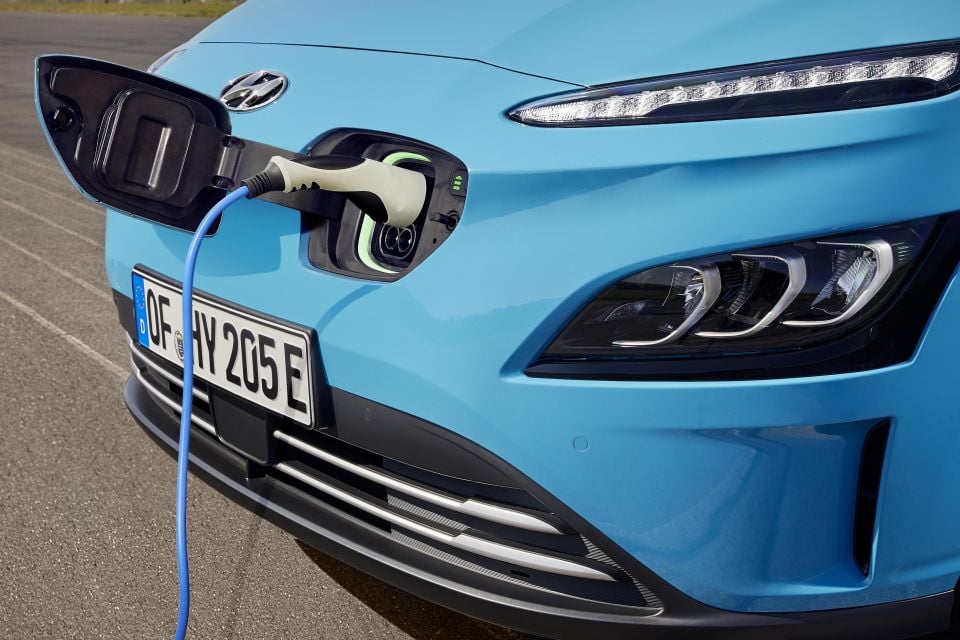

Senior Contributor
Industry stakeholders have again taken aim Victoria’s proposed electric vehicle (EV) mileage tax.
A prominent list of 25 carmakers, charging infrastructure providers, rideshare firms, and environment groups have co-signed an open letter slamming the Victorian ALP government’s planned long-term-focused EV mileage tax as “the worst EV policy in the world”.
Published in The Age, the open letter promoted by the Electric Vehicle Council includes signatories such as Hyundai, Volkswagen, Uber, charger-maker Tritium, JetCharge, EV truck converter SEA Electric, the Clean Energy Council, the Australian Conservation Foundation, the WWF, Solar Citizens, GetUp, Environment Victoria, Doctors for the Environment Australia, and The Australia Institute.
“The Andrews Government’s proposed tax on electric vehicles is the only stand-alone electric vehicle tax in the world… no other jurisdiction has introduced such a targeted levy on the cleanest vehicles on the road without significant incentives to balance it out,” the letter reads.
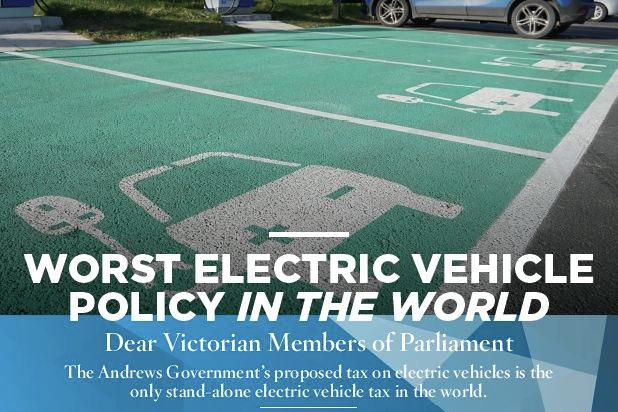
It’s proposed from July 1, residents of Australia’s second most-populous state who own an EV or PHEV will be hit with a road-user charge based on distance travelled, ostensibly to offset the reduction each electrified car places on the fuel levy – one key source of public funding.
The state government told us today it stood behind the bill and was working with the parliamentary cross-bench, telling us “these reforms are about ensuring all motorists pay their fair share while we continue to incentivise the use of zero or low emissions vehicles”.
Oddly, the Federal ALP has a broadly supportive EV policy, arguably in line with its centre-left political standing. The Victorian Government proposal also couldn’t be more different to the ACT Government’s policy, detailed in our conversation with the territory’s Attorney General here.
MORE: Victoria aiming to raise $30 million per year from EV road tax
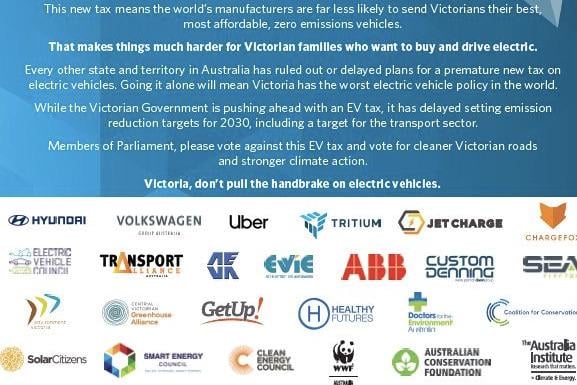
The proposal, which is yet to pass Victorian State Parliament, is to charge 2.5 cents per kilometre for EVs and hydrogen FCEVs, and 2 cents per km for PHEVs. Regular hybrids would not be included. To partially offset this the government has proposed a $100 discount on annual registration for these cars.
“The average distance travelled for light passenger vehicles in Victoria is approximately 13,100km a year so, on average, electric vehicle owners could expect to pay an additional $330 a year and plug-in hybrid-electric vehicles owners could incur an additional $260 a year,” Vicroads says on its FAQ site.
EV and PHEV owners under this model would need to give VicRoads an odometer reading, at which point a bill would be automatically generated. It is designed to be payable quarterly, semi-annually, or annually.
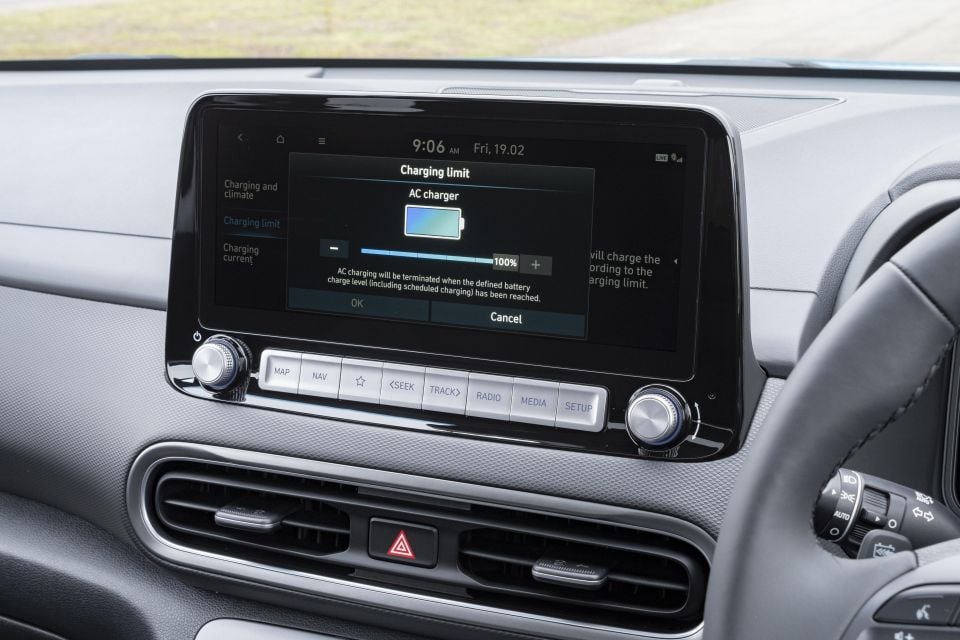
“Most industrialised countries are prioritising incentives for electric vehicles to benefit from cleaner air and new jobs from a growing industry,” countered today’s open letter.
“This new tax means the world’s manufacturers are far less likely to send Victorians their best, most affordable, zero emissions vehicles.”
Australia already has lower EV and PHEV take-up than most of Europe, much of Asia, and the USA, as a lack of federal CO2 emissions targets (car brands have their own self-regulated emissions-reduction scheme that takes them out to 2030) and other take-up incentives dampen demand.
MORE: Australian car industry keeps calling for new government-backed CO2 targets
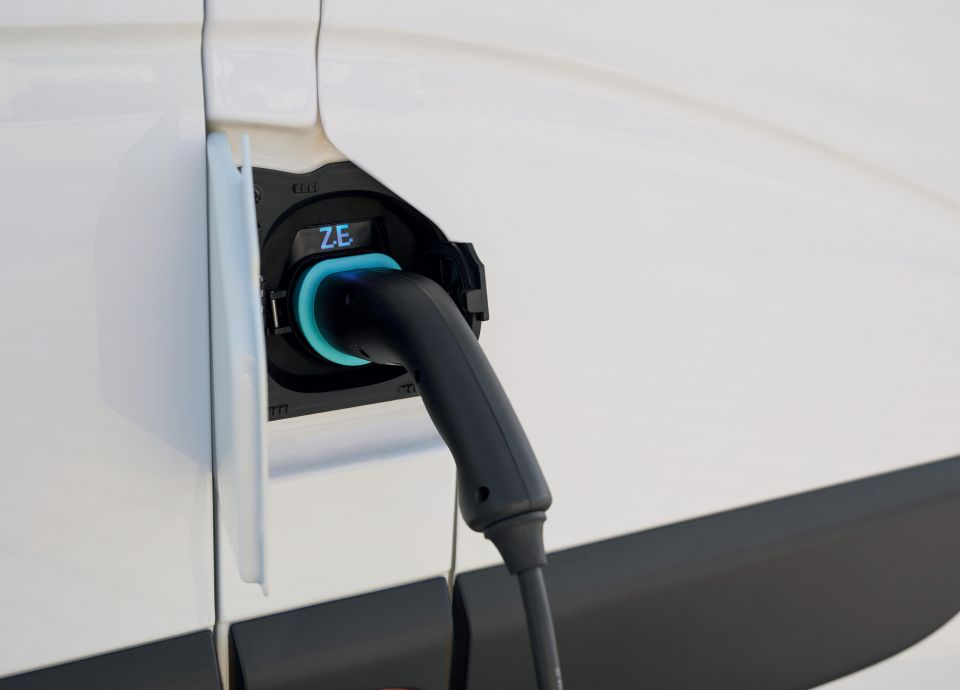
By extension, car brands tend to send their latest low-emissions car to other markets where this demand is higher.
“Victoria is already massively behind comparable jurisdictions in the US, the UK, and across Europe in terms of electric car uptake. This tax will exacerbate the yawning gap,” said Behyad Jafari, CEO of the Electric Vehicle Council
“Far from being on track to achieving net zero emissions by 2050, emissions from transport are rising in Victoria. This is the wrong time to tax zero emissions vehicles,” he added.
A spokesperson for Hyundai Australia said “the timing of this tax is unfortunate”, and added “at some stage in the future we will need to consider road user charging more broadly – on a national basis, for all vehicles using the roads. Until that time, we don’t believe it’s right to tax zero-emission vehicles”.
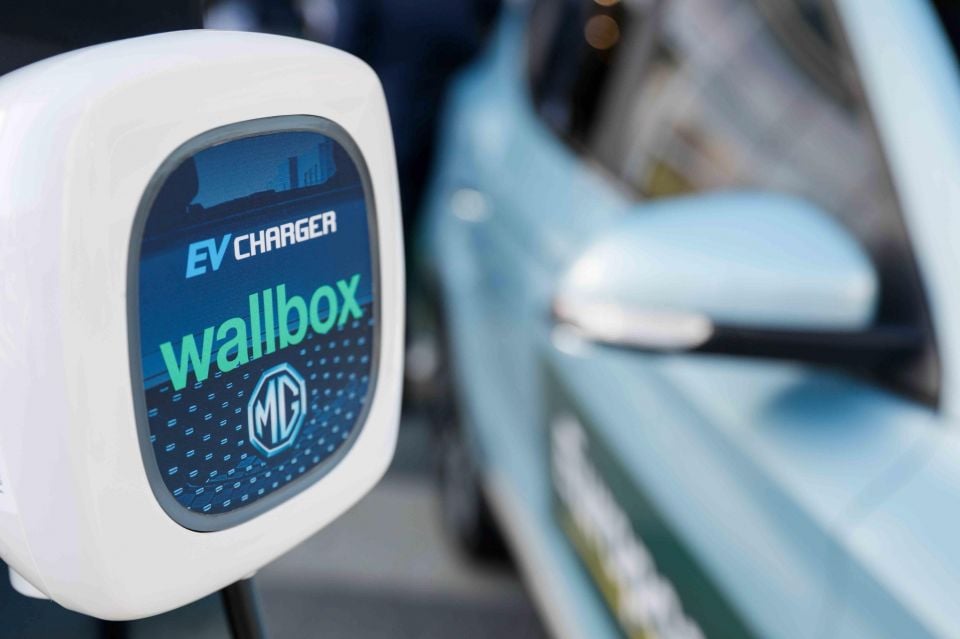
“Road user charging would be better timed after incentives are in place to encourage public adoption of EVs. We see government incentives working well in most advanced nations across the world, as a key component of climate change policy,” the spokesperson said.
“We understand the Victorian Government is working on an incentives package for EVs and a significant investment in EV charging infrastructure. That’s encouraging. Once incentives are in place and we see the uptake of EVs accelerate, the time will be right to look at road user charging more broadly,” they said.
The Hyundai group globally will launch 44 electrified vehicles by 2025, 23 of which will be battery-electric vehicles. Hyundai also has the most diverse range of eco vehicles of any car brand in Australia: hybrid, PHEV, EV, and hydrogen fuel-cell EVs.
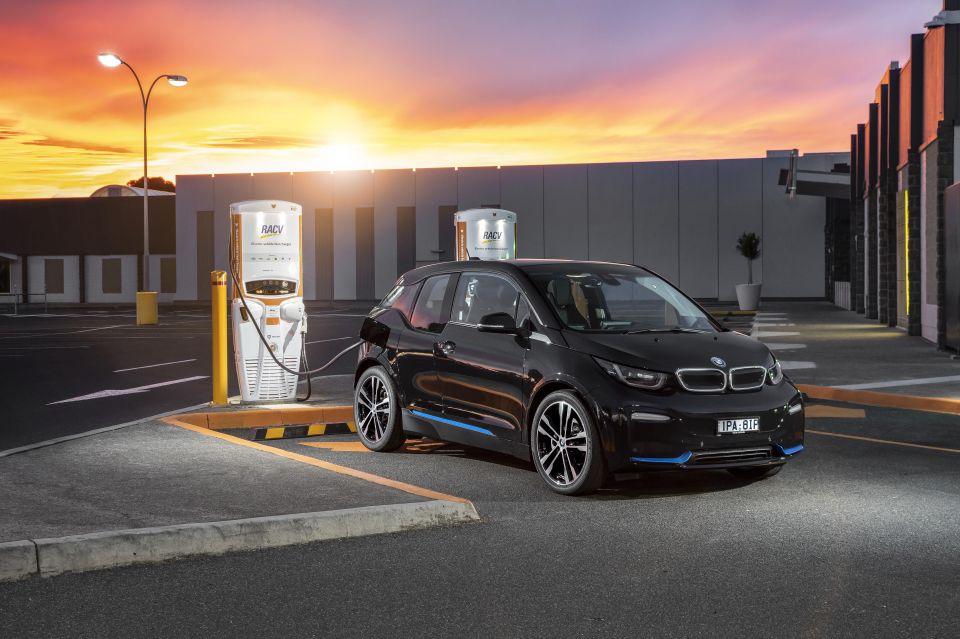
Managing director of Volkswagen Australia, Michael Bartsch, came out harder in a recent conversation, slamming “parochial state treasurers” over their “crazy” plans to impose mileage taxes.
“I think it’s crazy, it really is,” Mr Bartsch said. “We have always said we don’t expect incentives, we don’t expect anyone to pay for vehicles to come to market, incentives invariably create distortions.
“But certainly we’re absolutely against disincentives. It simply doesn’t make sense when on the one hand we’re talking about the imperative of addressing the issues of global warming, but before the products even hit the market and before they even have a chance of getting a foothold, very parochial state treasurers are deciding that we should tax them.
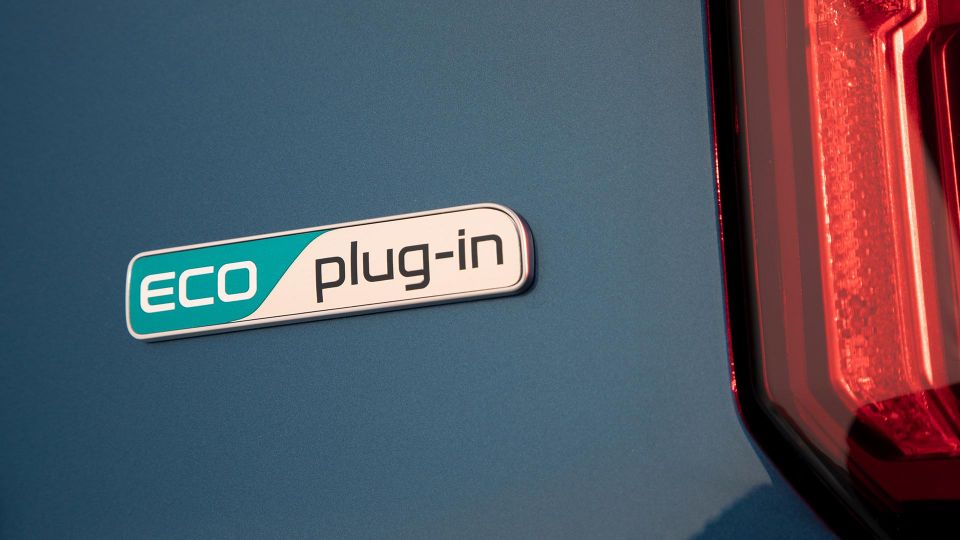
“When you think what the ramp-up curve will be over say five years, and what that represents as a total percentage of vehicles on the road, it’s just craziness, small mindedness to tax it [EVs] before it even has its fingers on the ledge here. It doesn’t make sense.”
Volkswagen Australia won’t launch its ID electric vehicles until late 2023 as it currently stands, because of what it calls overwhelming Northern Hemisphere demand sucking up factory output with nothing left for markets with smaller EV penetration rates.
The national director of Solar Citizens – a community-based organisation that promotes solar energy take-up – Ellen Roberts added: “the Victorian Government is helping households install cleaner solar energy, and they should be leading the charge and making it easier for Victorians to invest in cleaner transport”.
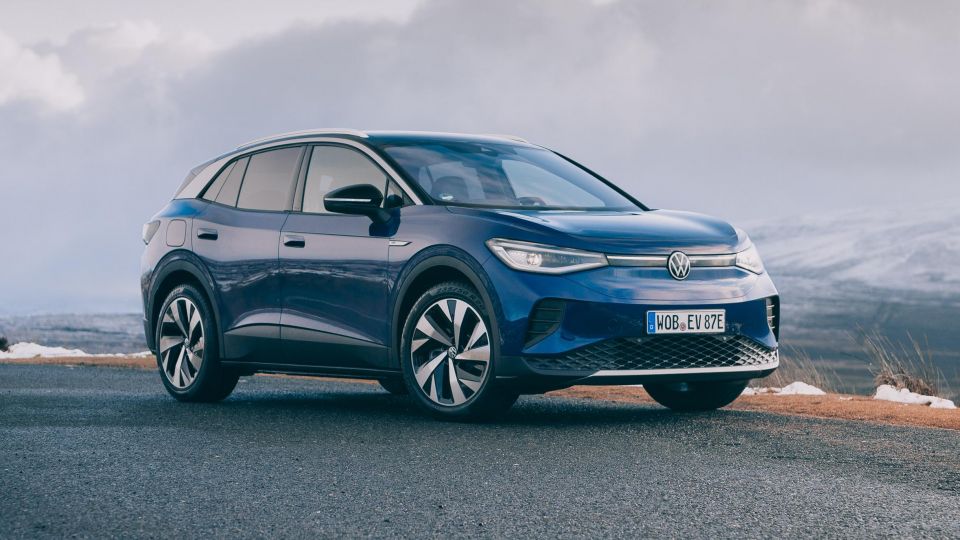
“Just like rooftop solar, we want to see electric vehicles become more affordable for everyday Australians. But this tax on cleaner vehicles will just jam on the handbrake,” Ms Roberts said.
Richie Merzian, climate and energy program director at the Australia Institute “progressive think tank”, said “penalising electric car owners because they don’t consume petrol that pollutes the atmosphere and our environment is absurd”.
“Our research shows that there are a range of policies that support the uptake of EVs which are very popular with the public. These include offering loans for electric vehicle purchases, building more charging stations and removing the Luxury Car Tax on zero emissions cars.

“It is somewhat disingenuous to suggest that roads are funded by the fuel excise, as those funds are collected by the Federal Government and go towards general revenue. If the State Government is looking to increase revenue, there are far better ways to go about it that don’t disincentivise the use of electric vehicles,” Mr Merzian said.
Speaking in response, the office of Victorian Treasurer Tim Pallas said the Victorian Government “has had a constructive dialogue with relevant members of the automotive industry” over the topic.
“These reforms are about ensuring all motorists pay their fair share while we continue to incentivise the use of zero or low emissions vehicles,” the office said.
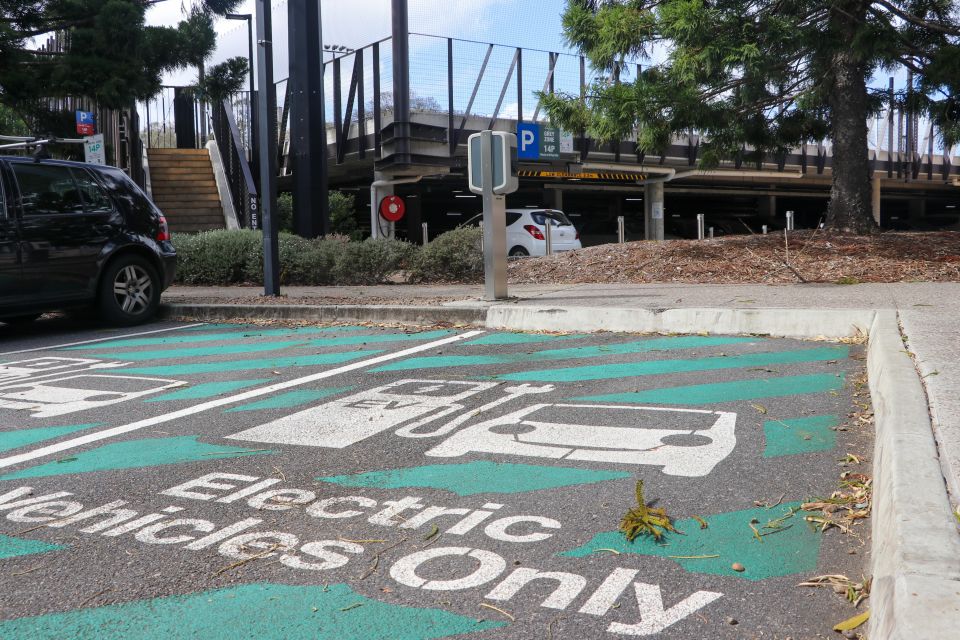
“Electric cars are expected to reach price parity with internal combustion vehicles by the mid 2020s and are destined to dominate our motorways in the future, given they’ll always be more economical to run – this reform is geared towards the long term and that’s why we’re acting now.
“Introducing a road usage charge now, before take-up increases substantially, ensures that everybody pays a fair and sustainable charge for the use and the wear and tear on our road network and that means safer roads.
“We are continuing to have productive and positive discussions with the crossbench and will have more to say about encouraging the uptake of Electric Vehicles soon.
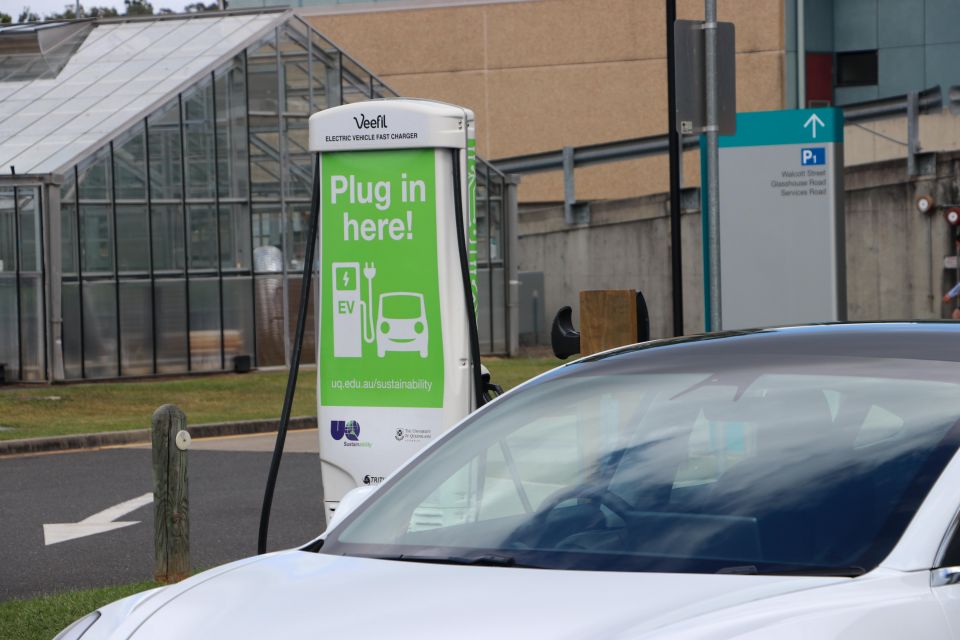
“We’re already providing confidence to new electric vehicle owners with a massive boost to our charging network across major highways and tourism destinations.
“We’re also providing discounted vehicle registration fees and stamp duty concessions to encourage the take-up of electric vehicles as we move closer to net zero emissions by 2050.”
MORE: How Australia’s federal opposition proposes to slash EV prices MORE: Australia’s electric car launch calendar – UP TO DATE MORE: Australian car industry keeps calling for new government-backed CO2 targets MORE: Emissions targets explained, Q&A with FCAI chief executive Tony Weber MORE: ACT government moving public-servant fleet to EVs, will slash running costs MORE: Q&A with Jane Hunter, Tritium CEO MORE: Q&A with JET Charge founder and EV Council Chair, Tim Washington


Damion Smy
57 Minutes Ago
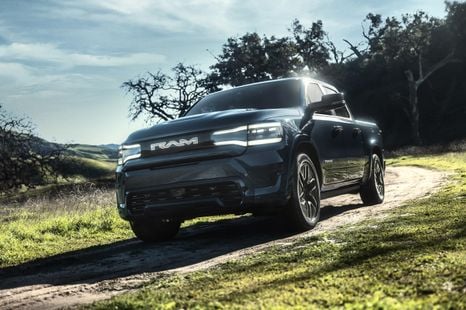

Derek Fung
5 Hours Ago
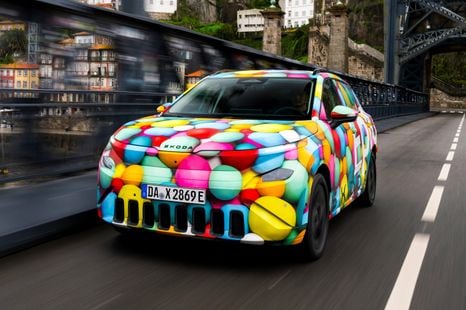

Dave Humphreys
16 Hours Ago

Damion Smy
17 Hours Ago
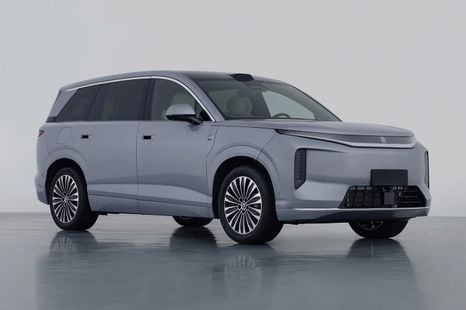

William Stopford
18 Hours Ago


CarExpert
19 Hours Ago
Add CarExpert as a Preferred Source on Google so your search results prioritise writing by actual experts, not AI.